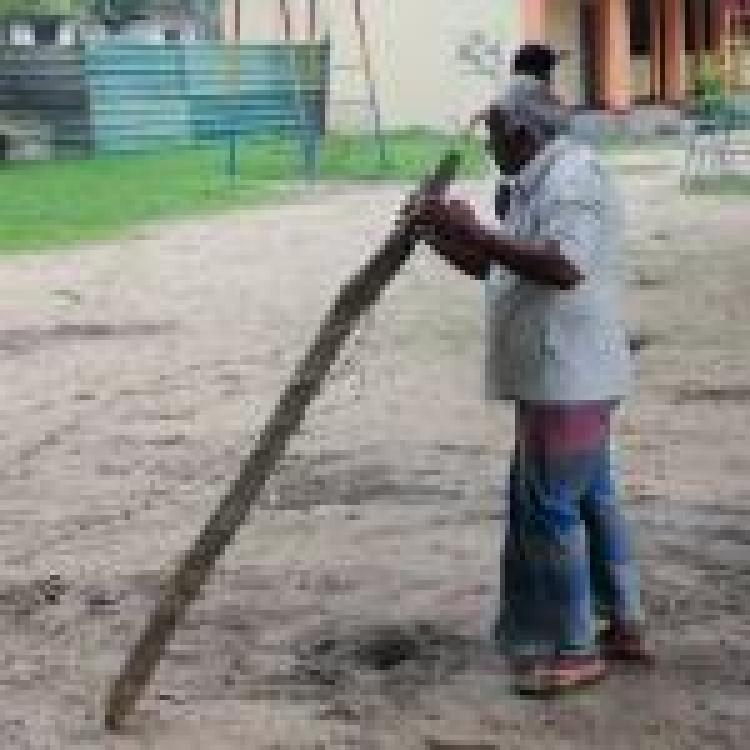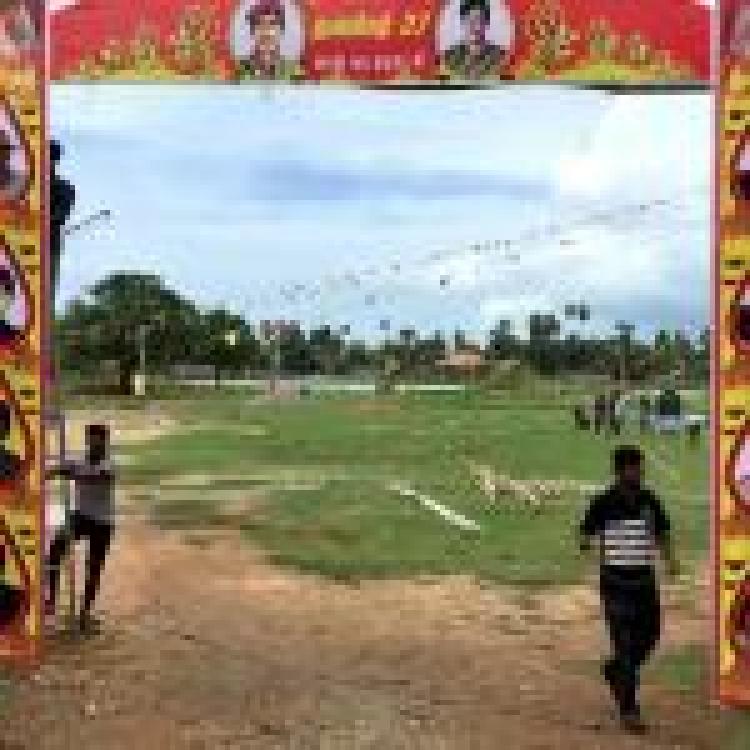Amidst the ongoing political crisis in Colombo, Tamil families of the disappeared spoke about their concerns over security in the North-East, following a possible return to a Mahinda Rajapaksa led government.
“We are very worried about the state of our protection after having protested for so long out in the open if he [Rajapaksa] returns,” one mother of the disappeared from Kilinochchi told Tamil Guardian. “Already we are seeing the military becoming bolder since Friday,” she added.
This fear about security however is coupled with their deep disappointment with the current Sri Lankan government for its failure to address their concerns.
“Ranil pretends to care to the international community but then never follows through with us,” one mother of the disappeared from Kilinochchi said.
In 2016, Wickremesinghe caused widespread offence after stating that those who were forcibly disappeared were “most probably dead”. After protesting for over 500 days across the North-East, and over 600 days in certain areas, Tamil families of the disappeared from the North-East feel rejected by the current regime.
“Why won’t they release the lists to us even after all this time?” the wife of a disappeared Tamil man said.
Families know that if Rajapaksa makes a full return, their security will certainly be threatened. “The military follows Gota and they are the ones who took our children,” said one mother of the disappeared.
But they are not prepared to unconditionally support the alternative. “The TNA should at least now ensure that they make their support conditional and it should be guaranteed in writing that the Tamil peoples’ problems will be addressed if they support the UNP,” said one mother of the disappeared from Kilinochchi. Civil society and community groups have echoed this sentiment widely across the North-East.
While families of the disappeared at the moment remain apprehensive about the political turmoil in Colombo continues, they have started preparing for the worst. "We know that after they finish arguing in Colombo, they'll turn their attention to the North."


